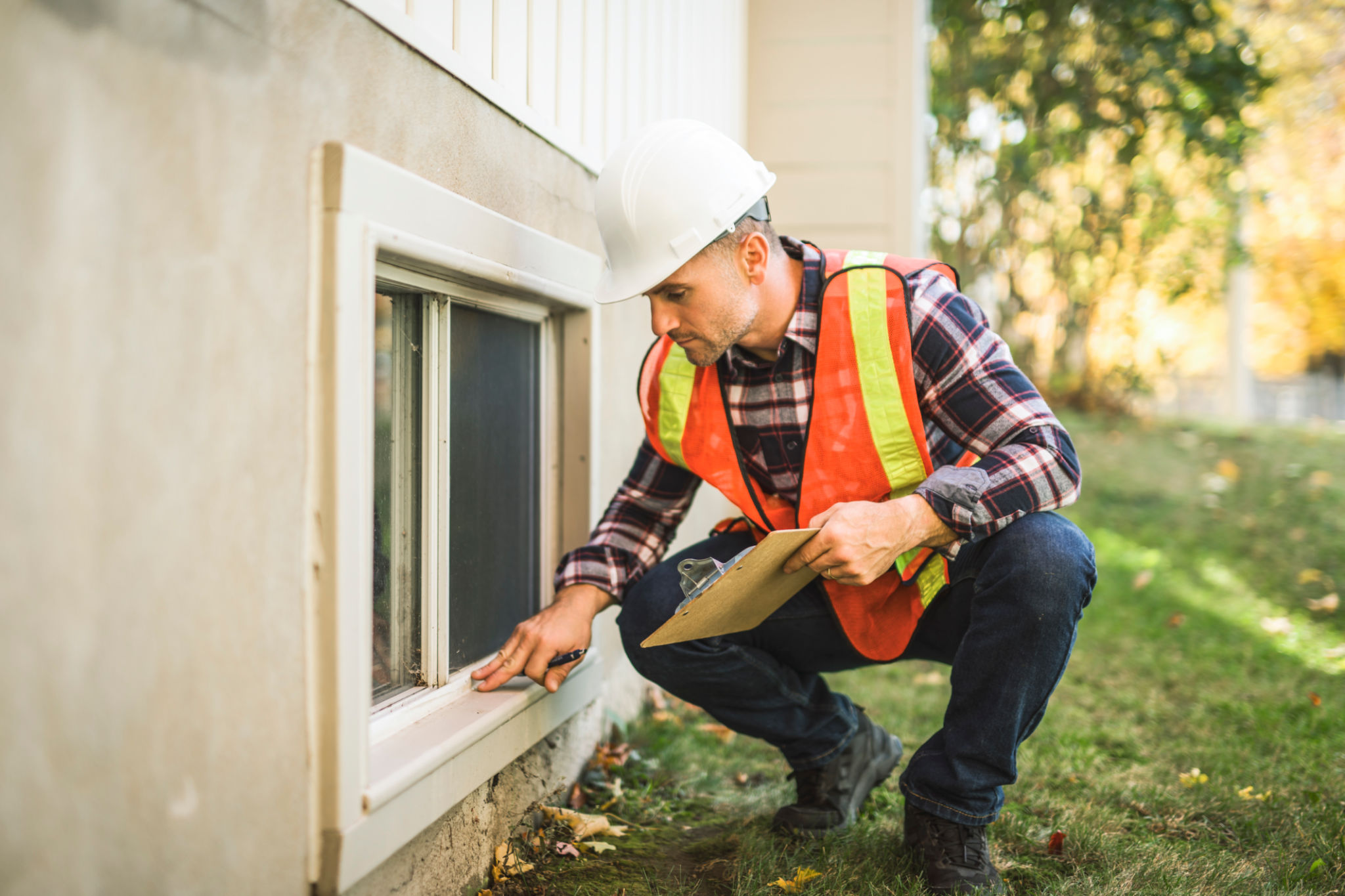How to Value Your House: A Step-by-Step Guide
Understanding the value of your house is crucial whether you're planning to sell, refinance, or simply want to know your current net worth. Valuing your home can seem complex, but breaking it down into manageable steps can simplify the process. Here's a comprehensive guide to help you determine your home's value.
Research the Local Market
The first step in valuing your house is to research your local real estate market. Understanding the trends and prices in your area can provide a baseline for your home's value. Look at recent sales of similar properties in your neighborhood. These are often referred to as "comparables" or "comps."
Check out online real estate platforms and local listings to get an idea of the going rate for homes like yours. Pay attention to properties that have sold recently, as they provide the most accurate market value representation.

Understand the Factors Influencing Home Value
Several factors influence the value of a home, including location, size, condition, and amenities. A house in a desirable neighborhood with good schools and low crime rates typically holds more value. Similarly, a larger home with modern amenities and updated features may appraise higher than outdated properties.
Consider any unique features your home may have, such as a swimming pool, large backyard, or energy-efficient upgrades. These can add significant value, depending on buyer preferences in your area.
Conduct a Comparative Market Analysis (CMA)
A Comparative Market Analysis (CMA) is an invaluable tool for determining home value. A CMA involves comparing your property to similar homes that have recently sold in your area. Real estate agents typically conduct CMAs, but you can also do one yourself using online resources.

When performing a CMA, focus on properties that closely match your home in terms of size, age, location, and condition. Adjust for any differences that might affect pricing, such as additional bedrooms or recent renovations.
Hire a Professional Appraiser
If you want a more precise valuation, hiring a professional appraiser is a wise decision. Appraisers evaluate your home based on its condition, size, location, and market trends to provide an unbiased valuation.
Though hiring an appraiser incurs a fee, their expertise can offer peace of mind and accuracy, especially if you're selling or refinancing your home.

Consider Online Valuation Tools
Online valuation tools can offer quick estimates of your home's worth. Websites like Zillow and Redfin use algorithms to analyze public data and provide a rough valuation. While these tools are convenient and free, remember that they might not account for unique factors affecting your home's value.
Use these estimates as a starting point rather than a definitive assessment. They serve best when combined with other methods like CMAs or professional appraisals to form a complete picture.
Review Property Tax Assessments
Your local government assesses property taxes based on an estimated home value. Reviewing these assessments can give you an idea of the government's view on your home's worth. However, tax assessments may not always reflect current market conditions, so they should be only one part of your overall valuation strategy.
By combining these methods, you can confidently estimate your home's value. Whether you're preparing to sell or just curious about your investment's growth, understanding your home's worth is empowering and informative.
